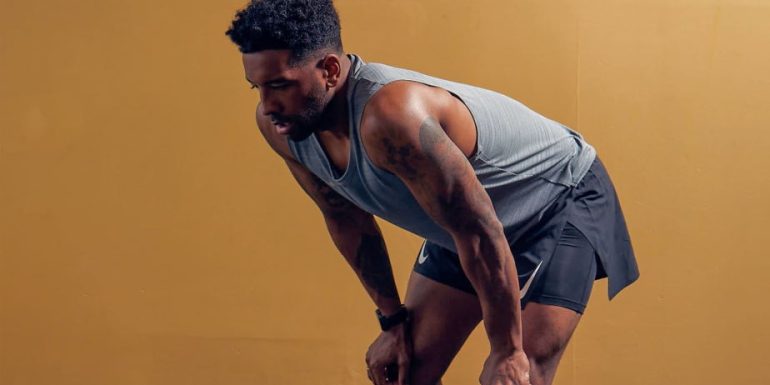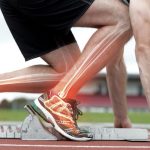
- January 02, 2023 /
- Workout Programs
We all know how great it feels to finish a tough workout. However, the aftermath is often less than ideal. Sore muscles, fatigue, and sometimes even injuries can leave us feeling defeated and discouraged. But it doesn’t have to be this way! You can do plenty of things to speed up your recovery time and get back to feeling your best. This blog post will share some of our top tips for bouncing back after a tough workout. Following these simple strategies can minimize soreness, improve your energy levels, and reduce your risk of injury. So if you’re looking for ways to feel better faster after a tough workout, read on! You might be surprised at how quickly you can bounce back with the right approach.
Speed up your muscle recovery with these tips
- Get enough sleep.
Sleep is when your body recovers from the wear and tear of exercise. Most people need seven to eight hours per night.
- Eat healthy foods.
Healthy foods provide the nutrients your body needs to repair muscle tissue and replenish energy stores. Include plenty of protein, fruits, vegetables, and whole grains in your diet. Avoid processed foods, sugary snacks, and excessive amounts of caffeine or alcohol.
- Take a day or two off from exercise each week.
Rest days give your body a chance to recover from the stress of exercise. Use this time to focus on other activities you enjoy, such as spending time with friends or family, reading, or playing a favorite sport.

- Use active recovery methods.
Active recovery involves low-intensity activities that help improve blood circulation and reduce muscle soreness. Examples include walking, light jogging, or biking at a slow pace.
- Try cold therapy.
Applying ice to sore muscles can help reduce swelling and pain. Wrap an ice pack in a towel and apply it to the affected area for 15-20 minutes. Do this several times per day as needed.
- Use heat therapy.
The heat helps relax tense muscles and improve blood flow. Apply a heating pad to the affected area for 15-20 minutes. Do this several times per day as needed.
- Stretch and foam roll.
Stretching and foam rolling help improve flexibility and reduce muscle soreness. Try doing these activities before and after your workout and on rest days.
- Drink plenty of fluids.
Drinking enough water is crucial for proper recovery. Aim to drink eight glasses of water per day or more if you’re sweating a lot during your workouts.
- Consider taking supplements.
Certain supplements can help speed up your recovery time after a tough workout. Creatine, protein powder, and branch chain amino acids are all effective options. However, speak with a healthcare professional before taking any supplements to ensure they’re safe.
- Listen to your body.
Your body will give you signs when it’s time to rest. Pay attention to these cues and take a break when needed. Pushing yourself too hard can lead to injury or burnout.
If you’re feeling especially sore after a tough workout, don’t be afraid to take a few days off from exercise to let your body recover fully. By following these tips, you can help ensure that you’ll be back to your usual routine in no time.

What to drink for muscle recovery?
Many different types of drinks can help with muscle recovery. For example, some people prefer to drink sports drinks, while others find that plain water or fruit juice works just as well.
What’s most important is that you drink something soon after your workout. This will help your body rehydrate and start the repair process.
Here are a few options to consider:
- Sports drinks: These beverages are designed to replenish electrolytes and provide carbohydrates for energy. They can be helpful if you’ve had a particularly strenuous workout or sweating a lot.
- Water: This is the best option for most people. It’s calorie-free and will help you stay hydrated without adding any extra sugar or calories.
- Fruit juice: 100% fruit juice can be a good option if you’re looking for something with more flavor than water. Just be aware that it can also be high in sugar.
- Milk: This drink is a good source of protein, which can help repair muscle tissue. It’s also a natural source of electrolytes.
No matter what you choose to drink, make sure you stay hydrated and consume enough fluids to replace what you’ve lost through sweat. This will help your muscles recover and prevent cramping or other problems.





























